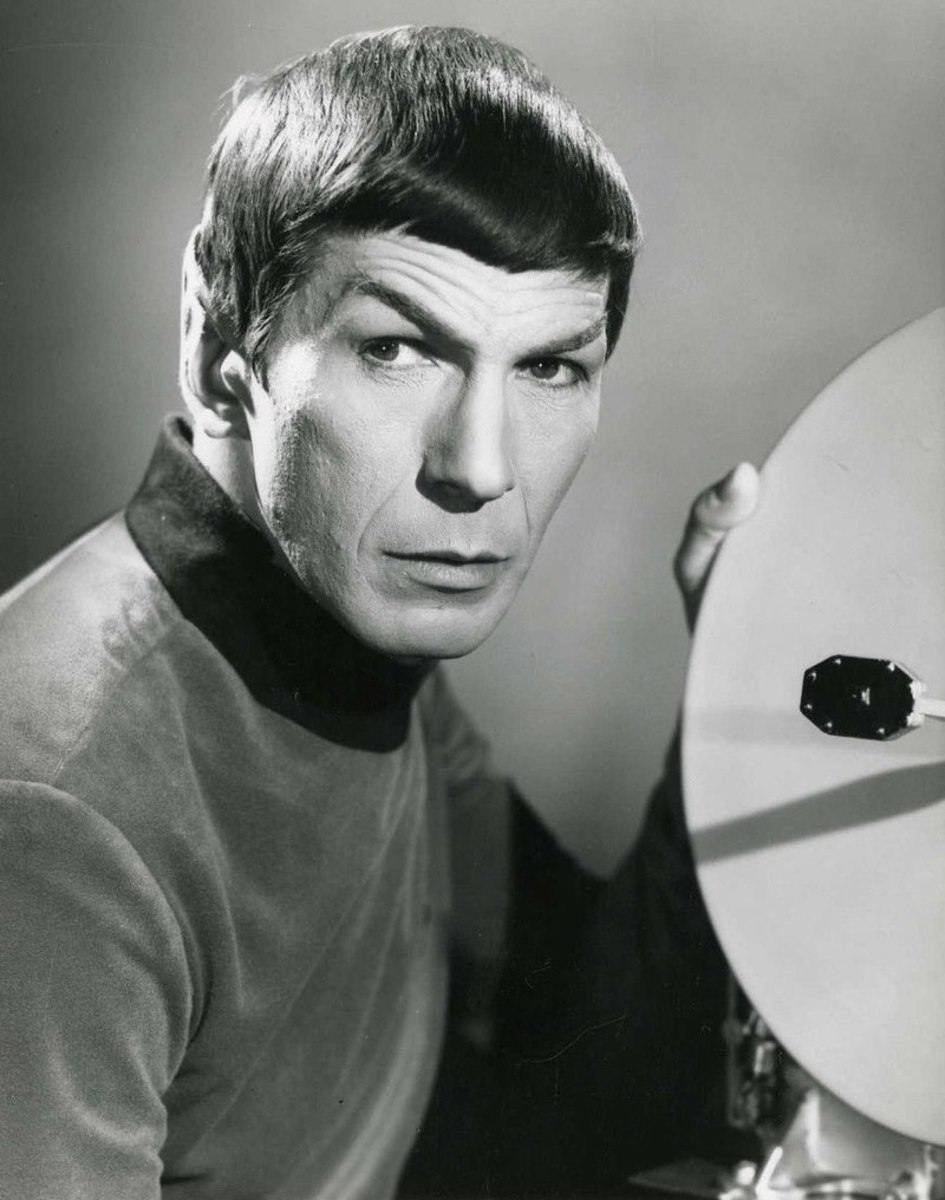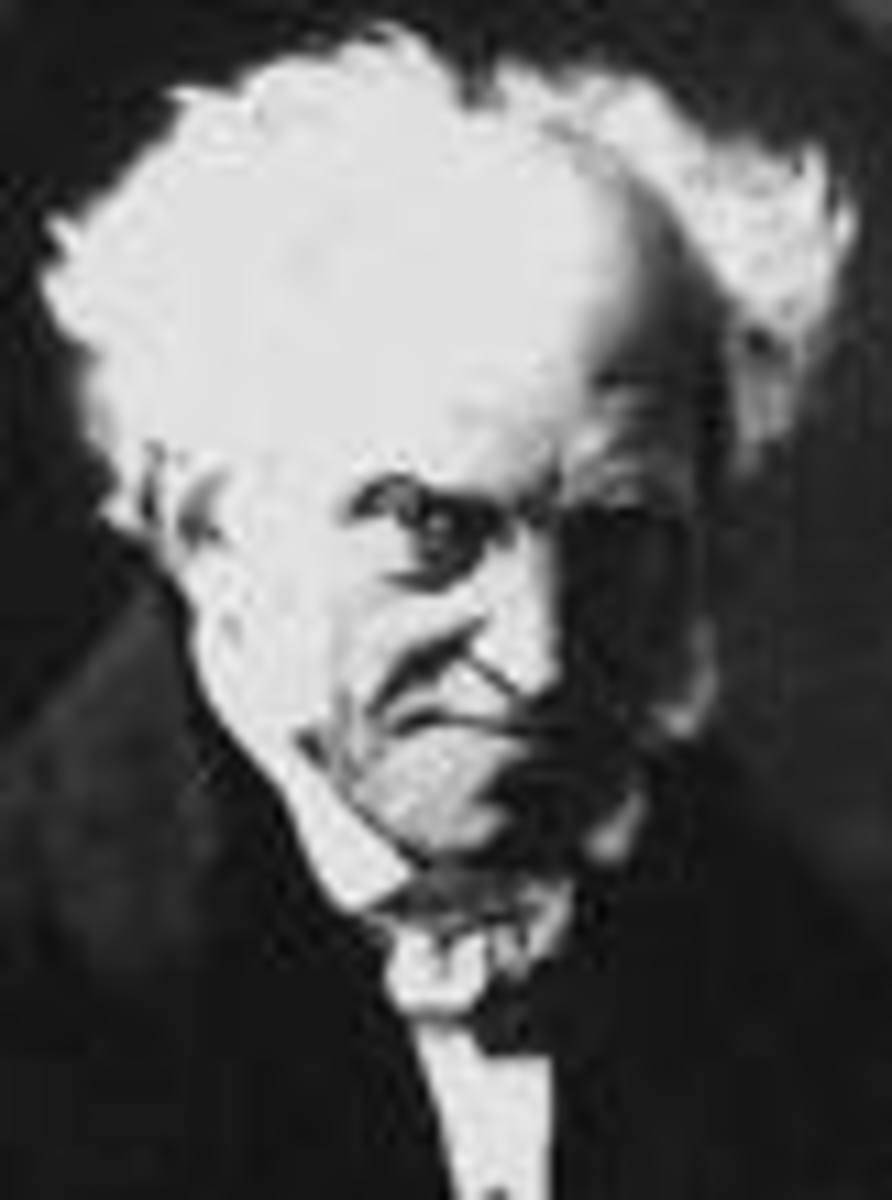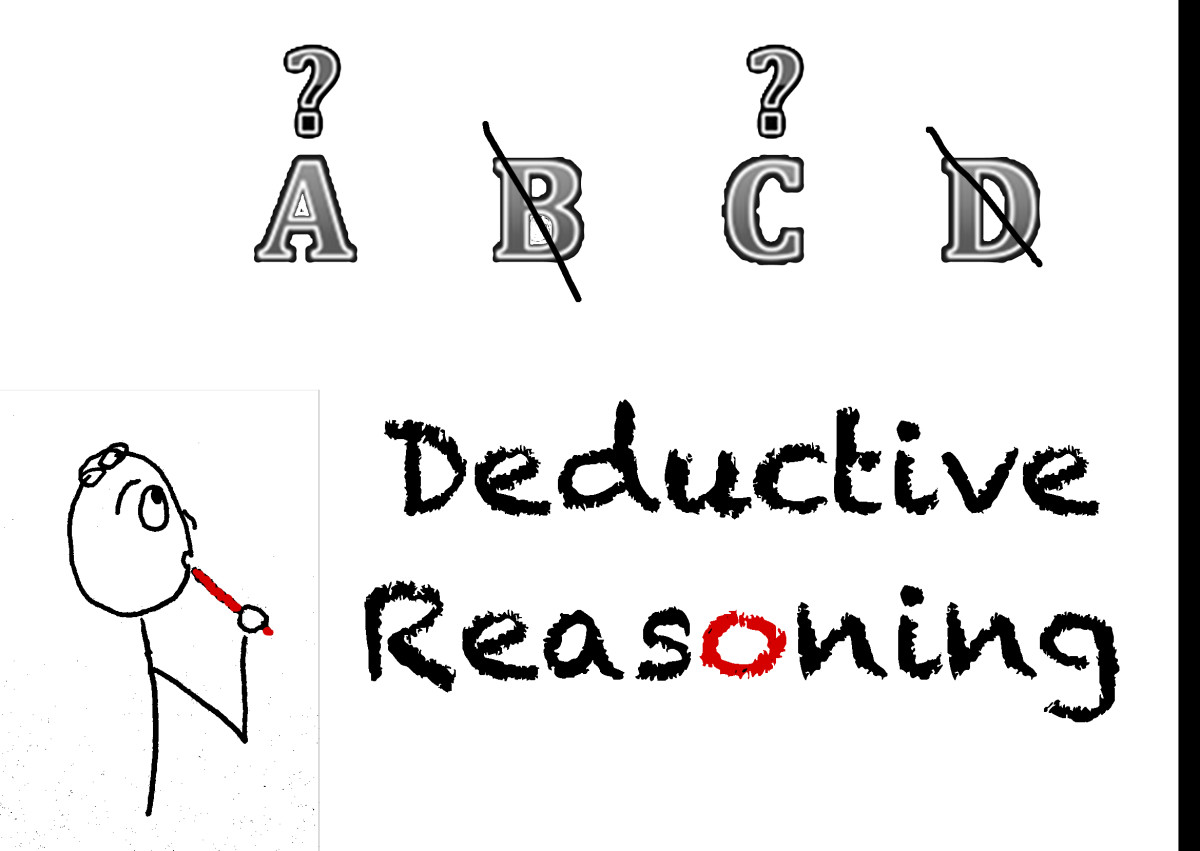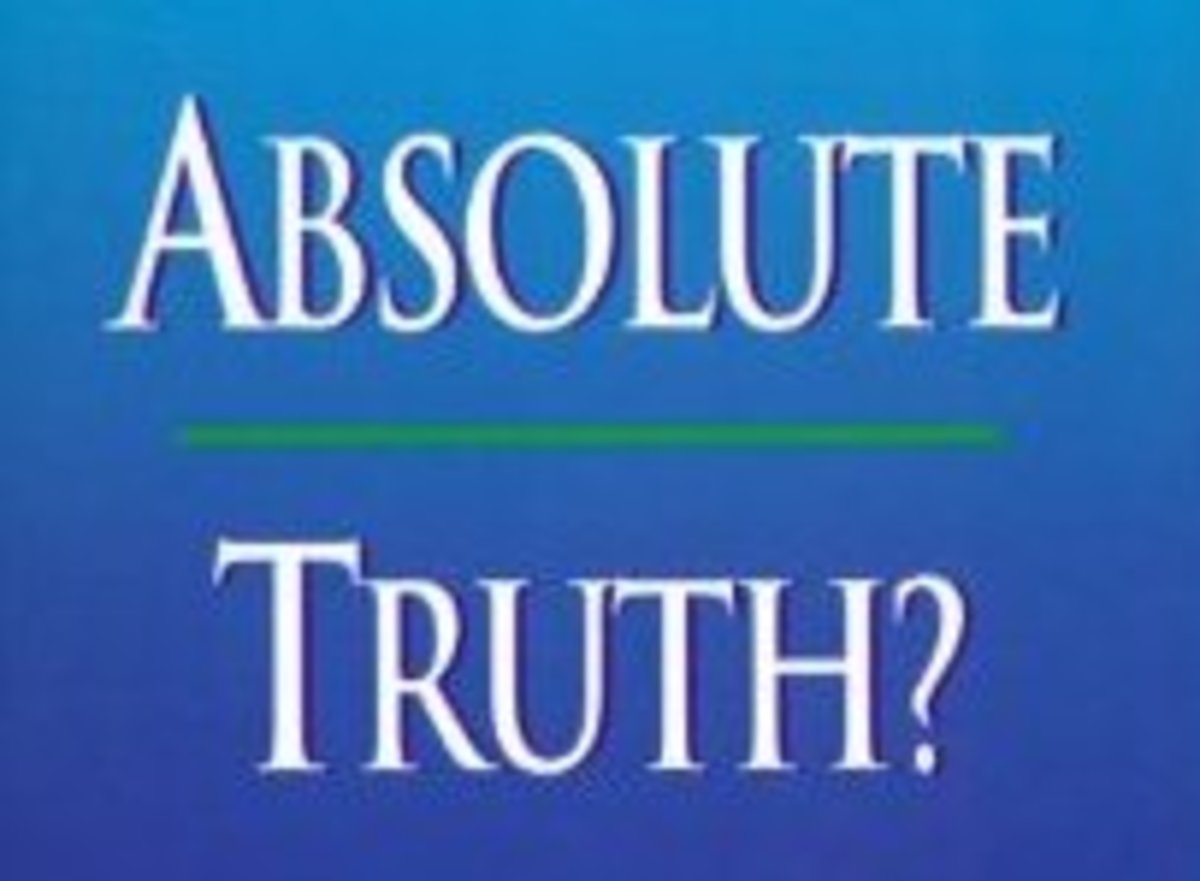How to use logic in philosophy

In my personal experience, i have logically debated a skeptical empiricist, and people of various backgrounds regarding my philosophically views. I was criticized for my lack of consistent logic, but i rejected correction and refused to accept the truth. I finally humbled myself rather than cling to a stubborn mindset. I realized the error of my arguments and concluded that you are inclined to use experiences which often include illogical premises. As a human, you have the ability to think, but to use flawless logic consistently requires self discipline of your reasoning mind, especially in philosophy. You need to create an idea on reality, define terms, construct a solid argument by supporting it with statements, and reach a conclusion to create a substantial philosophy.
Philosophize: Spend time reflecting on any experiences in your life or about topics such as beauty, love, human nature, etc. Philosophy is not always focused on science or math, so feel free to explore diverse kinds of subjects. Ask questions such as: What is the meaning of love?" "What is the reason for humanity existing?"
Do we exist?
Philosophy is focused on discovering truth by human reasoning. It revolves around giving answers to important questions surrounding profound subjects. Research information about your topics of interest and compare it with your views then decide whether you intend to incorporate it into your perspective or object to it.
Define terms:
It seems so easy to simply use terms in the dictionary and expect people to understand them, but its more difficult than that. Why is it important to define terms? Because even though you may have created a mental picture of a concept, the problem arises with human language. Definitions must be precise and clear in its own context. For example, I've been told to put things in a pile, never understanding exactly what a pile is. Does a pile consist of two objects? If so, does that mean that its no longer a pile? These are important questions that must be considered. Its not always accurate in providing detailed descriptions. Most often, communication is valued more than precision. Create a precisely accurate definition and ask yourself "Is my term too vague?" "What do i need to change to make it more clear?" Ask yourself questions about your definition and if your answers indicate that there is vital information missing, you need to redefine it to make it stronger for the sake of the argument.
The Statement and Premises:
Now that you have your terms defined, think of a claim about reality that you want to form. Before you do this, the most important step is to decide what kind of logic you are going to use to structure your argument. There are two types of reasoning, inductive and deductive. Deductive reasoning is the logical process of explaining a claim beginning with one or more statements. Inductive reasoning is the process in which a specific statement is inferred by observations in premises, but isn't necessarily true. A Premise is a statement assumed to be true and from which the conclusion an be derived from. An example of deductive reasoning is the argument stating that all humans are mortal, Your a human, therefore you are mortal. You have proven the statement "all humans are mortal" by including the observation that you are human as a premise. An example of inductive reasoning is all humans are mortal, you have heard that some humans are mortal, therefore it is reasonable to conclude that all humans are mortal.
The Conclusion:
Finally, you use either inductive or deductive reasoning to form a conclusion. Now that you have created a sound and solid argument, be sure that it cannot be proven false. Try to question it and engage in debate with other philosophers. If you fail to give the strongest argument, humbly accept defeat and learn about reality. It would be good to organize your thoughts and ideas and write a book, journal, article, etc. on your philosophies.
A Few last words:
Being a logical philosopher will enlighten you and improve the quality of your life. With an open mind, you will turn into an innovator of ideas. You may be criticized for not using "sound" logic, but know that logic is not perfect. One of its flaws is that although it's a method to make sure an argument is consistent based on the premises, it does nothing more. The premises do not have to be sound in order for the argument to be logical. Consider the example, "All humans are mortal, Socrates is a human, therefore Socrates is mortal" If Socrates is an alien in disguise, the argument is no longer true, nevertheless, its still logical because of the assumptions. Its better to have imagination than to be restrained by criticism. I hope this article has helped you become a thinker.








